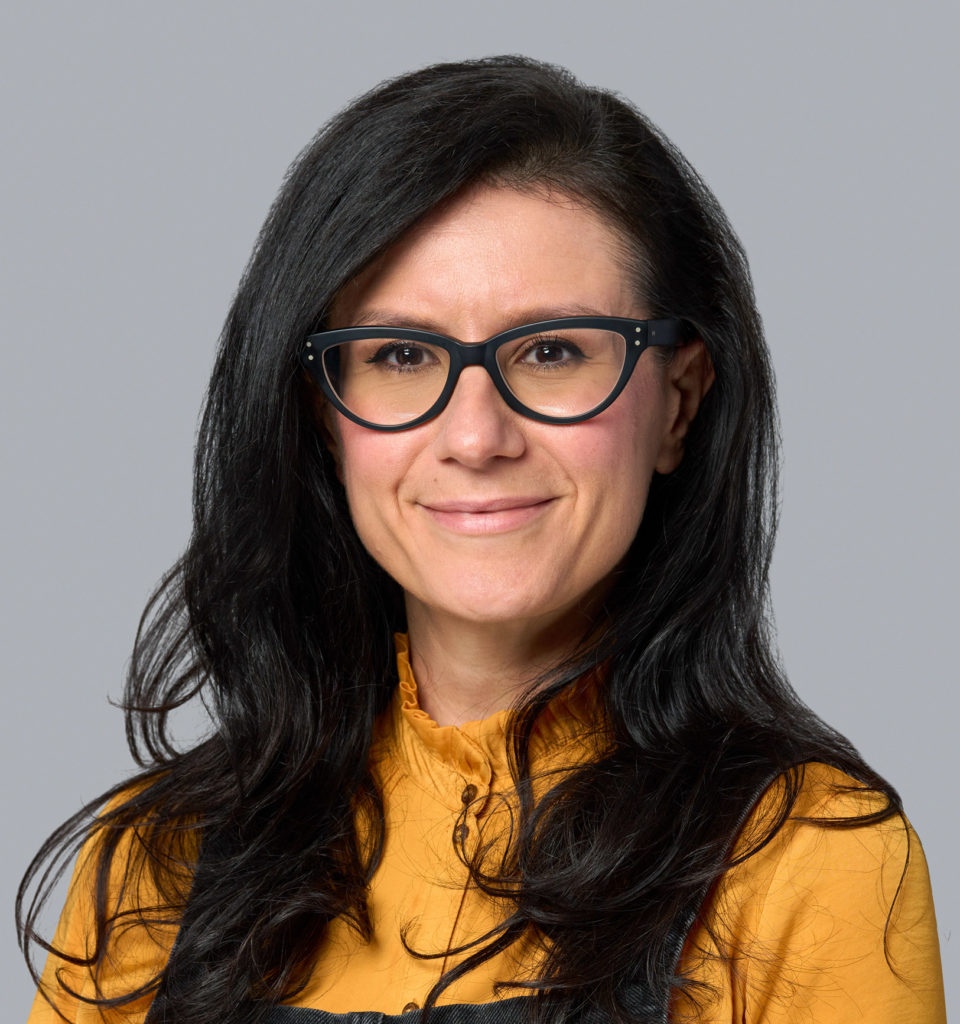Alessia Costa
I believe social science is about making the strange familiar and the familiar strange. I’m interested in exploring how new diagnostic technologies are reshaping the ways in which we think about ourselves, our body, illness and health. I want to contribute to our understanding of how these questions translate in real-life for patients and families, so that their views and experiences can drive the development and use of new technologies.
Alessia is a social anthropologist with an interest in multi-disciplinary research and expertise in qualitative methods, including ethnographic and socio-material approaches, interviews and participatory research. She has a strong interest in medical science and technologies, especially regarding patient experience, clinical practice and the social construction of scientific knowledge.
Alessia received her PhD in 2015 from the School of Oriental and African Studies (SOAS) and has previously worked at the University of Reading and King’s College London. She has conducted research with scientists, health care professionals and patients and families in a variety of different settings, from patient advocacy groups in Tokyo to genomic health services in England. Her most recent research focused on the communication of genomic results to patients and families with rare diseases. She is currently working on an ethnographic project exploring the social and ethical implications of data-driven approaches to diagnosis, particularly in the case of cognitive decline and dementia.
She also has a long-standing interest in public engagement and has completed hands-on training in Research and Art collaboration with the Science Gallery, London.
(Banner image “Apoptosis”, credit Odra Noel, sourced from the Wellcome Collection)
